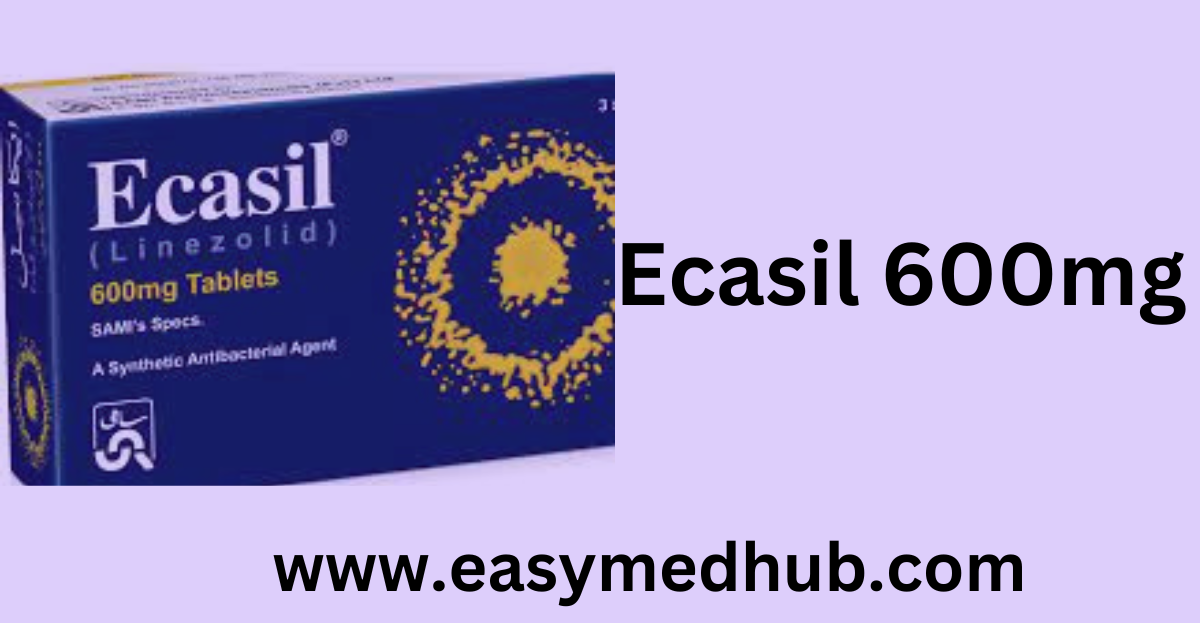Azotage: Benefits, Working, and Side Effects

What is Azotage?
Azotage, also known as nitrogen fixation, is a crucial process in agriculture that plays a pivotal role in the growth and health of plants. It is the conversion of atmospheric nitrogen (N2) into ammonia (NH3) or related compounds. This process is essential for plant growth and is central to the global nitrogen cycle.
How Does Azotage Benefit Agriculture?
Azotage benefits agriculture in various ways:
- Increased Crop Yield: Nitrogen is a primary component of amino acids and proteins, which are essential for plant growth. When plants have an adequate nitrogen supply, they produce higher yields of grains, fruits, and vegetables.
- Improved Soil Fertility: Azotage enriches the soil by making nitrogen available in a form that plants can absorb. This enhances soil fertility and sustains agricultural productivity.
- Reduces the Need for Synthetic Fertilizers: The process of azotage minimizes the dependency on synthetic fertilizers, which can be costly and have adverse environmental impacts.
- Environmental Benefits: Using azotage in agriculture can help mitigate the adverse environmental effects of excessive nitrogen use. It promotes a sustainable and eco-friendly approach to farming.
How Does Azotage Work?
Azotage can occur through two primary mechanisms:
- Biological Azotage: This involves using nitrogen-fixing bacteria that form a symbiotic relationship with specific plants, like legumes. These bacteria convert atmospheric nitrogen into ammonia, which the host plant can utilize.
- Industrial Azotage: Industrial processes, such as the Haber-Bosch process, fix nitrogen on a large scale. It involves high temperatures and pressures to convert atmospheric nitrogen into ammonia.
Importance of Azotage for Sustainable Agriculture
Azotage is instrumental in ensuring sustainable agriculture for several reasons:
- Conserving Resources: By promoting natural nitrogen fixation, azotage reduces the need for synthetic fertilizers, saving resources and lowering production costs.
- Environmental Stewardship: Sustainable agriculture practices incorporating azotage help reduce nitrogen runoff, minimizing water pollution and eutrophication.
- Food Security: Azotage ensures a consistent supply of nitrogen to crops, contributing to global food security by increasing crop yields and enhancing soil quality.
- Reducing Greenhouse Gas Emissions: Using azotage can decrease emissions associated with the production and application of synthetic fertilizers.
Challenges and Innovations in Azotage
While Azotage offers numerous benefits, there are challenges associated with its implementation. These challenges have produced innovative solutions:
Challenges in Azotage
- Nitrogen Loss: Nitrogen can be lost to the environment through leaching, volatilization, and denitrification, leading to environmental problems.
- Energy Intensive: Industrial Azotage processes, such as the Haber-Bosch method, require significant energy inputs.
- Cost and Accessibility: Biological nitrogen fixation methods are not always available to all farmers due to the specificity of host plants.
Innovations in Azotage
- Nitrogen-Use Efficiency: Researchers are developing crop varieties that use nitrogen more efficiently, reducing the amount needed for optimal growth.
- Biological Innovations: Advances in biotechnology and microbiology have led to the development more effective nitrogen-fixing bacteria for agricultural use.
- Precision Agriculture: Technology integration allows for precise application of nitrogen fertilizers, reducing waste and environmental impact.
Note
The information provided on this blog regarding medicine prices and side effects is only based on data collected from public domains. I am not a Physician or medical professional. While I aim to provide accurate and up-to-date information, I cannot guarantee the absolute accuracy or completeness of the data. It is always recommended to consult with a qualified healthcare professional or Physician for personalized medical advice and information. The content on this blog should not be considered a substitute for professional medical guidance. The readers are advised to use the information provided at their discretion and risk. I do not assume any responsibility for any consequences arising from using the information on this blog.
Thank you.
Conclusion
Azotage is a fundamental process in agriculture that facilitates sustainable and eco-friendly farming practices. By harnessing the power of nitrogen fixation, we can increase crop yields, improve soil fertility, and reduce the environmental impact of farming. While challenges exist, ongoing innovations promise a brighter and more sustainable future for agriculture.
FAQs
What is the role of nitrogen in plant growth?
Nitrogen is a vital component of amino acids and proteins, essential for plant growth. It plays a central role in photosynthesis and various metabolic processes.
How can I promote azotage in my garden?
To promote azotage, consider planting nitrogen-fixing crops like legumes, such as beans and clover. These plants form symbiotic relationships with nitrogen-fixing bacteria, enhancing soil nitrogen content.
Are there any downsides to Azotage?
One potential downside of azotage is the risk of nitrogen loss to the environment, which can lead to water pollution. However, with proper management and technological innovations, these issues can be mitigated.
Can Azotage completely replace synthetic fertilizers?
While azotage can reduce the dependency on synthetic fertilizers, it may not completely replace them in all agricultural contexts. Synthetic fertilizers may still be necessary to meet specific nutrient requirements.



